
Q. I am living in a small complex with 21 units in Northern New Jersey. We have six people on the board and they all live in the complex and don’t pay the maintenance fees. Is it legal in New Jersey to get compensated to be on the board and to not pay the fees?
—Sensing a Problem
A. Says Jessica Baker, an attorney with Hill Wallack LLP, which has offices in New Jersey and New York: “All owners are obligated to pay common expense assessments and board members are not exempt. Most of the governing documents provide that board members shall not be compensated for serving on a board, although some older documents may permit the treasurer to receive payment for serving in that position. Also, most governing documents provide that board members can be reimbursed for their expenses.
“The Radburn Legislation, which made changes to the Planned Real Estate Development Full Disclosure Act, N.J.S.A. 45:22A-43 et seq., also provides useful information regarding board members obligations to pay assessments. Pursuant to Radburn, owners in good standing have the right to nominate and run for the board. ‘Good standing’ is defined as an association member who is current on payments of ‘common expenses, late fees, interest on unpaid assessments, legal fees, or other charges lawfully assessed.’ Therefore, to either nominate or run for the board, a member must be current with payment of assessments.
“Radburn further provides that board members of an association may fill a vacancy on the board created by ‘failure to maintain any reasonable qualification, including maintaining good standing, to be an executive board member…’ Clearly, it is the intention of Radburn that board members must remain in good standing, which includes paying any assessments, while serving on the board.
“While serving on a board for a community association can sometimes feel like a full-time job, board members must continue to pay assessments and (generally) cannot be compensated. Board members have a fiduciary duty to the association. By taking any compensation for serving on the board or by failing to pay assessments in violation of the governing documents, board members are acting in their own self-interest and may be breaching their fiduciary duty to the association. In addition, with six members of a small community of only 21 units not paying assessments, the fifteen other unit owners are likely shouldering the entire financial burden of the community, which is most likely in violation of the governing documents. This issue must be addressed immediately.
“I suggest that the other owners speak with the members of the board about paying assessments and review your governing documents with regard to any restrictions on compensation for board members. If this issue cannot be resolved amicably, then the other owners may have to review the procedures for removing board members.
“If this matter cannot be resolved by speaking with the board members, the owners may want to seek the assistance of counsel.”



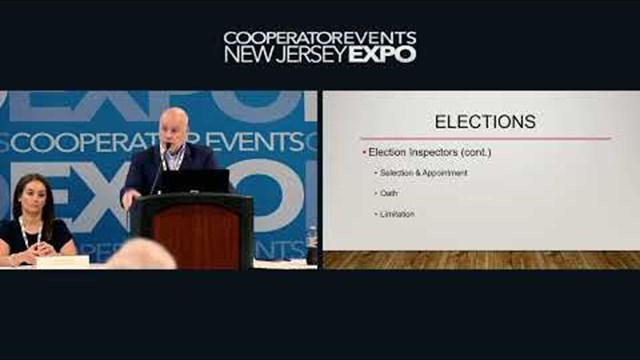
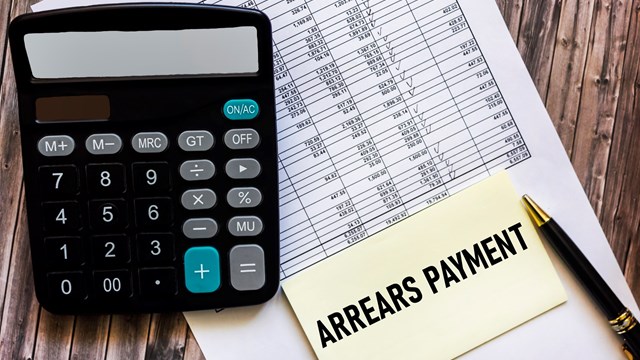
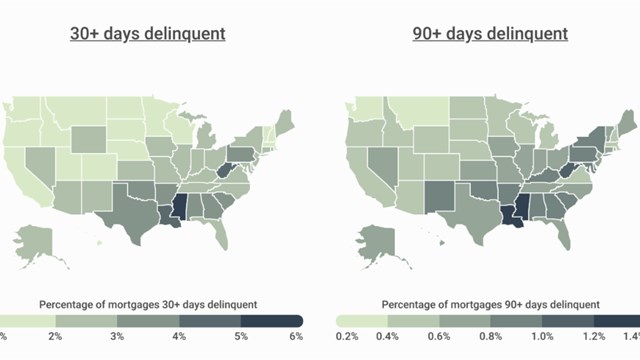
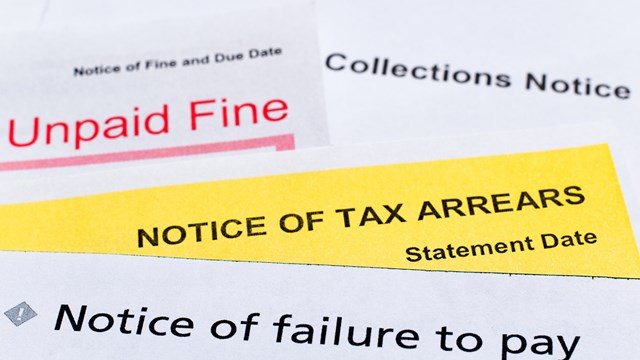

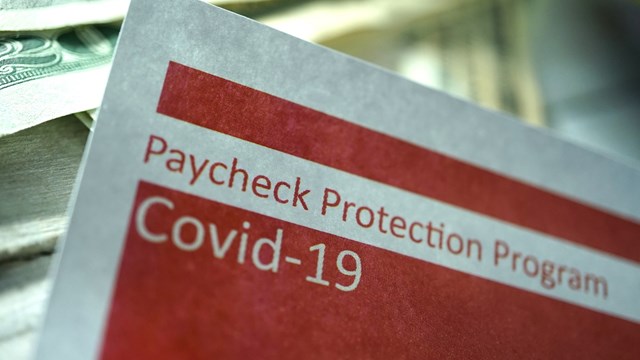
Leave a Comment